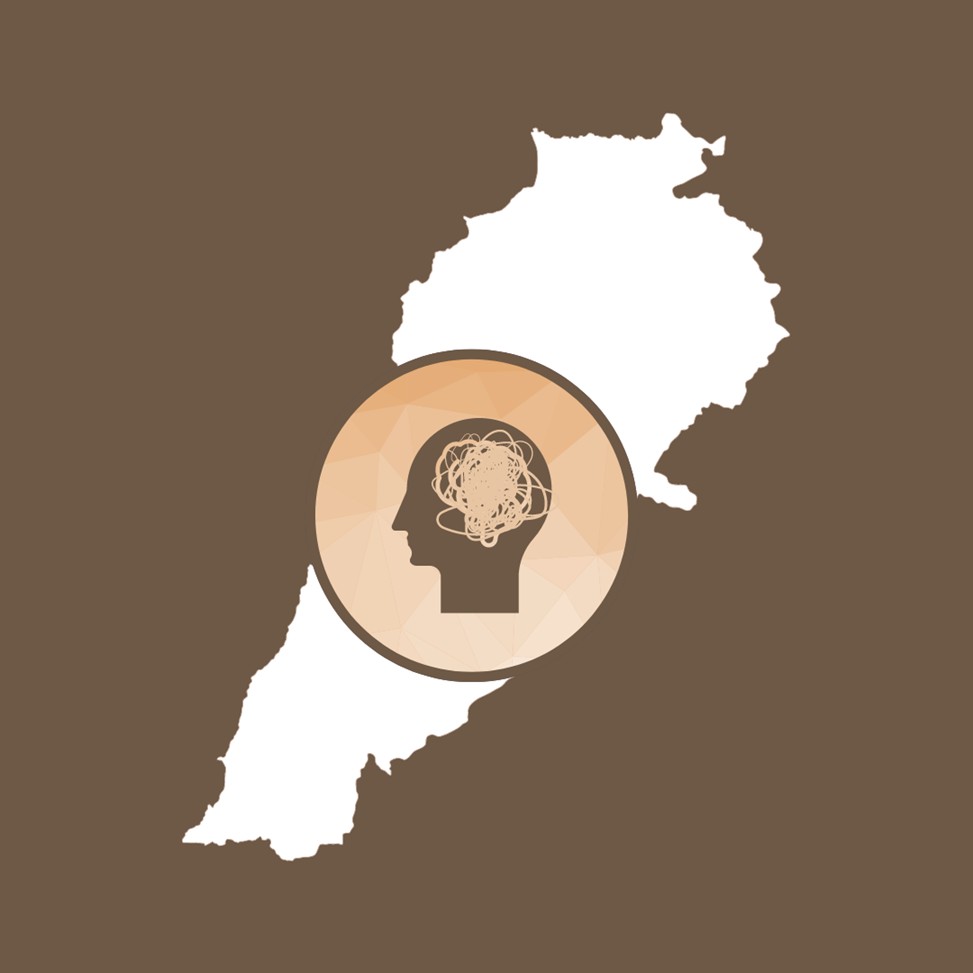
Lebanon, renowned for its charming and unique beauty, has captivated the hearts of many, creating an exceptional experience for everyone. However, from a historical point of view, it is undeniable that this country faced many challenges. In a country that is plagued by conflicts, ranging from wars to explosions to lack of safety and security, we can’t help but wonder how all that affects the mental health of its people.
How many times have we heard parents fear for the lives of their kids in very “casual” situations such as going to a friend’s house, having breakfast near the house, going to the supermarket?
Anxiety and the fear of something bad happening hunt the minds of the Lebanese people (talking about the majority, or at least a group of people)
Anxiety
Anxiety can be a natural emotion, but it can also be a mental health disorder that affects daily life. It can be demonstrated as an intense, excessive, and persistent worry or fear related to specific or nonspecific situations. Anxiety is a response to a real or perceived threat, as it can also lead to cognitive, physical, and behavioral changes.
The American Psychological Association (APA) defines anxiety as “an emotion characterized by feelings of tension, worried thoughts, and physical changes like increased blood pressure”. The way people experience anxiety differs from one to another, ranging from the triggers to the duration of the anxiety period.
It is important to understand that anxiety is not necessarily an anxiety disorder. Anxiety is a natural response to potential threats, experienced before or during a stressful event. However, an anxiety disorder is defined as an excessive and persistent worry that doesn’t go away even when there is nothing specific to stress about. This stress can be experienced anytime. Several types of anxiety disorder exist, and in order to know if one suffers from anxiety or an anxiety disorder, professional attention is required. Many risk factors can lead to anxiety, such as personal traits, traumatic events, and a family history of mental disorders.
Anxiety in Lebanon
Being exposed to many traumatic events during a lifetime can have a higher impact on one’s mental and physical health than facing a single traumatic event. In fact, studies have shown that a cumulative series of challenges affects the health and the functioning of a person more than the influence of a single event (Krause, Shaw, & Cairney, 2004; Mitchell, Tynes, Umaña-Taylor, & Williams, 2015).
Looking back on the past, we can’t help but mention the challenges that parents have faced growing up in their country. While some have left, leaving theirbelongings and loved ones in Lebanon, others have endured the wars, fighting for their land. Because of that, civilians can experience trauma, anxiety, and depression. The World Health Organization estimates that one in five (22%) who have experienced wars and conflicts in the previous 10 years will develop anxiety, post-traumatic stress disorder, and other mental health disorders.
Apart from wars, the Beirut explosion, which claimed over 200 lives and injured thousands, had left every Lebanese citizen deeply shaken. The fear of venturing out during the Covid pandemic compounds their anxiety. Additionally, inadequate infrastructure has resulted in fatalities and injuries, particularly affecting the young population. Economically, the people have also suffered immense losses.
When the government takes significant measures during crises, it creates a sense of security and safety. When families receive support when needed, when infrastructures are being repaired, and accountability for wrongdoers is taken, this effort begins to mend the wounds of past events, hinting at the possibility of positive change. Unfortunately, the current situation feels like an unending cycle, leaving us uncertain about how to break free.
Threads of hope
We can understand why our parents worry that much about our well-being and why some get anxious about very random situations. Lebanon’s history of turmoil and ongoing struggles has deeply affected people’s mental health, leading to anxiety and constant fear. This anxiety, whether coming from past traumas or recent events like the pandemic and the Beirut explosion, underscores the urgent need for mental health awareness and support.
In conclusion, by acknowledging the importance of mental health and seeking professional help, when necessary, there is hope for a better future where the community can heal and thrive when the resilience of this beautiful country shines hard through all the challenges.